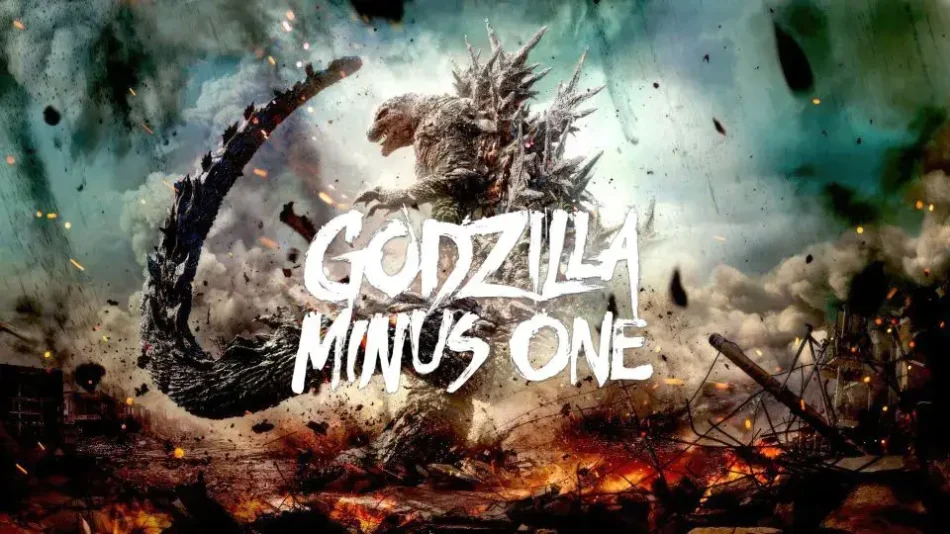(may contain spoilers)
Douban rating: 6.5
Director: Takashi Yamazaki
Starring: Ryunosuke Kamiki, Minami Hamabe, Munetaka Aoki
Douban Comments: “It’s arguably the best balance of commercial appeal and artistic expression in a Godzilla film. Set in the post-war reconstruction era of Japan, it creates an alternate history where ordinary people fight monsters. The connection between Godzilla and the atomic bomb is not even a metaphor but a direct reference. While we see the pervasive specter of militarism, our neighbor view it as the continuation of the Yamato spirit. “So, has the war really ended?” In reality, for us, it never truly ended.”
“IMAX preview. When a leftist-themed script is handed to a right-wing craftsman who only knows how to write formulaic pieces, the result is a complete mess of what was supposed to be a 70th-anniversary tribute. This further proves that only the maverick director truly understood the original. The acting and special effects naturally can’t compete with Hollywood’s big-budget productions. The script, which should have been the film’s strong attribute, ended up being just as formulaic as Hollywood’s, featuring a kamikaze deserter fulfilling the mission of “human triumph over Godzilla” with a collective salute. If not for concerns about the international market, they might have gone as far as to wave flags and revive old spirits.
Moreover, even the maverick director, known for his controversial views, included a relatively progressive female character for Hikari Mitsushima to portray. In contrast, in this film, both Minami Hamabe and Sakura Ando are relegated to just caring for children. It’s interesting to see how the paternalistic tone converges in the main themes across East Asia.”

“Probably only the Japanese and the Americans who bombed Japan would enjoy watching this. The values are completely out of order, and the bias is sky-high. The so-called “critique” and “reflection” are not only incredibly superficial but also serve to dilute conflicts and disdain history. I’ve never seen such an annoying main character before, and I’m forced to watch him agonize for half the movie about why he didn’t go to die back then. The pacing of the main character’s story is excruciatingly slow. I’m sorry, but I just can’t empathize with such a character. However, at least the parts about Godzilla were done well, and the naval battle added a bit of new creativity to the series. Other than that… it’s best not to torture yourself with this movie.”
“Yamazaki Takashi’s three key elements: VFX, showa-era nostalgia, and historical revisionism. The film continues the values seen in The Eternal Zero, combined with the sentimentality of the Always: Sunset on Third Street trilogy. It imagines what would happen if a pilot who was afraid to die actually survived and returned to a ruined Tokyo – what kind of death and rebirth he would experience, both physically and spiritually.
But there’s something important to note: in The Eternal Zero or The Great War of Archimedes, the story ends with Japan’s defeat, which provides a somewhat objective conclusion for debates between left- and right-wing views. In contrast, this new film imagines a fantasy victory – Godzilla, representing nuclear devastation, is defeated. The story places disappointed veterans and civilians at the heart of this victory, but their role is vague and unclear, even though the film seems to take a humanitarian stance. It’s hard to say whether this kind of thinking is dangerous, especially since we never see the future of this alternate Japan. The script is clever, perhaps too cleverly ambiguous.
As for Godzilla’s portrayal, the film abandons the feel of old special effects. While it keeps the Japanese body design, Godzilla now moves entirely like a creature from Hollywood CGI – an international aesthetic that’s both proud and ironic. Especially as a 70th-anniversary film, it over-imagines the past while also cutting ties with it.”








